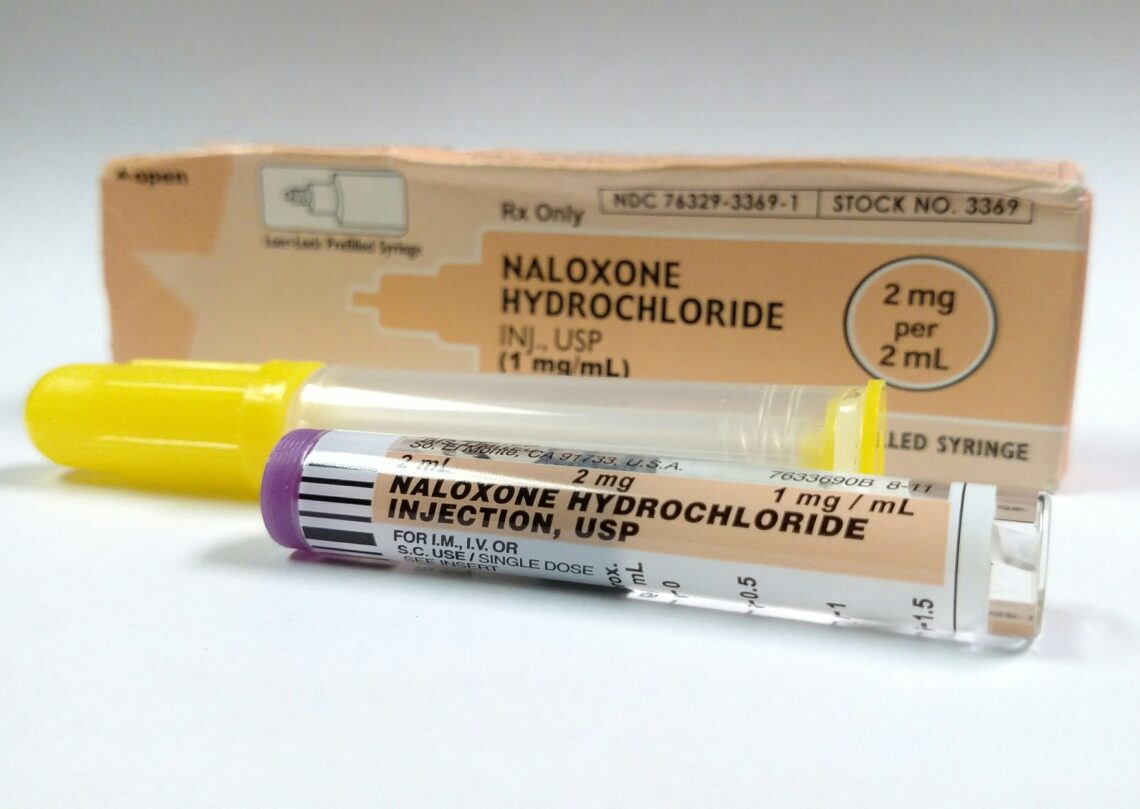The opioid epidemic has been an ongoing issue facing the United States for years, increasingly affecting the youth. Now Florida is responding with a drug that can prevent an opioid fatality amongst students.
On Nov. 12, 2019, the Florida Senate Education Committee passed a bill that would allow schools to administer Narcan (naloxone) to students. Naloxone is a drug used to prevent or reverse an opioid overdose.
Naloxone has been proven to be effective in the reversal of opioid overdoses. A study by the Centers for Disease Control and Prevention revealed that Narcan kits were responsible for reversing nearly 27,000 overdoses.
Under the bill, schools would have to establish a protocol that will train school staff to identify when a child is having an opioid overdose. A trained physician would have to train the staff on how to properly administer the drug.
Florida schools would have the option of choosing the distributor of the drug. Many distributors have already offered to donate naloxone to the schools.
The bill establishes that schools would not need permission from the student’s parents to administer the drug. The intended purpose is to allow staff to respond to an emergency overdose promptly.
Schools would be protected from any liability under the bill allowing for further emergency response from the employees at the schools.
The bill was initiated by Democratic Sen. Jason Pizzo as a response to the growing number of opioid overdose-related deaths amongst Florida’s children. Sen. Pizzo stated that “… we are in double digits (of potential overdoses) in Miami-Dade county alone.”
Sen. Pizzo set the bill in motion in the Senate when three high schoolers, Asher Lieberman, Jolie Dreiling and Grenna Grodin reached out with their own concerning research on the opioid crisis in their schools.
Jolie Dreiling stated “…opioids are gonna make their way onto school campuses, and we really need to have things in place to prevent that.”
According to the Florida medical examiner’s annual report, in 2018, 3,727 people died of opioid-caused deaths. Amongst those, 11 were children under the age of 18.
Opioid abuse amongst the youth has been a continuous concern throughout the state of Florida in recent years, especially for Alachua County.
In 2016, the Florida Youth Substance Abuse Survey showed that the opioid abuse amongst high schoolers in Alachua was higher than the state average. In 2018, substance abuse by middle schoolers was above the state average.
As a result of these stark statistics, Newberry Mayor Jordan Marlowe implemented a task force to aid in the fight against the opioid crisis facing Alachua. The task force consists of 6 people in addition to Marlowe, and organizes projects aimed to prevent opioid abuse in Newberry.
The new bill, while it has not taken effect yet, is intended to serve as an additional aid to counties across the state in eliminating the opioid crisis amongst the youth.
This bill has received praise from those in the medical community, such as Dr. Hansel Tookes, an Assistant Professor at the University of Miami School of Medicine and Director of the Needle Exchange program in Miami.
Tookes stated that “…like all schools have bandages and aspirin, every school should have naloxone in this age where so many people are using opioids.”
The bill is currently in the process of being reviewed by the House. If it passes in the House, it will take effect on July 1, 2020.
If Senate Bill 120 does become law, Florida would not be the first state that allows the administration of naloxone in schools. There are at least 10 other states, including Maryland, New Jersey, and Rhode Island, who may administer the drug in schools.
While Senate Bill 120 is intended to provide schools with a potentially life-saving drug, naloxone is not the solution to the opioid crisis.
According to a Harvard Medical School study, published in 2017, results showed that although naloxone was able to stop an overdose, opioid fatalities were still on the rise. This was largely because patients were administered the drug and did not receive any additional counseling or aid.
This bill may have the potential to significantly aid in the fight against the opioid crisis in Florida, however, further legislation that includes counseling and prevention programs would be necessary for a lasting impact.
Featured image: Pre-filled syringe of Naloxone (Unmodified photo by: Mark Oniffrey used under the Creative Commons License https://bit.ly/2SMZA1j ).





